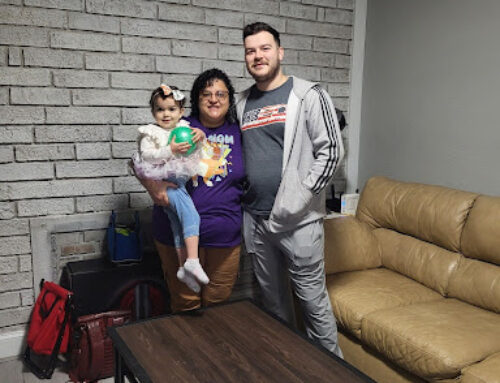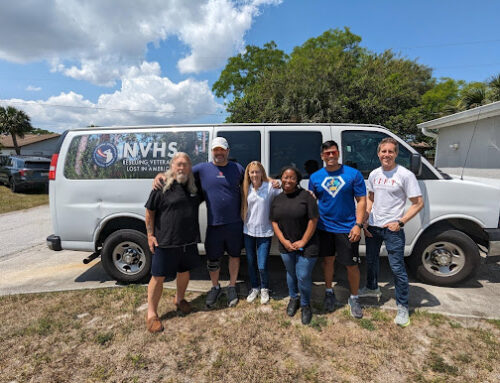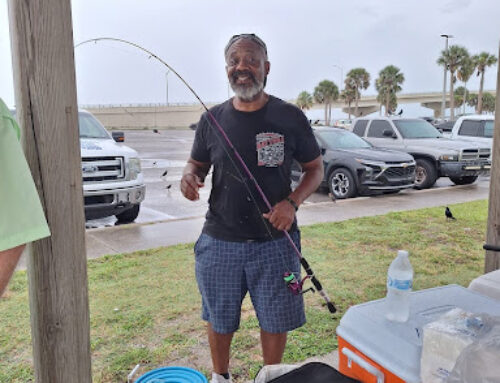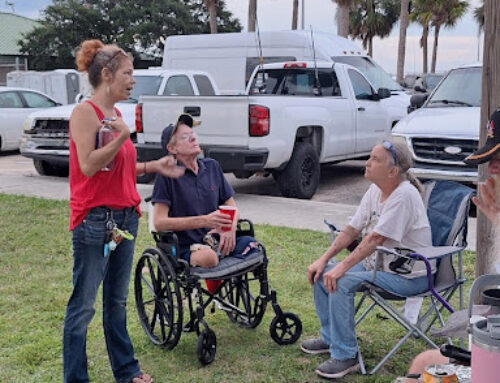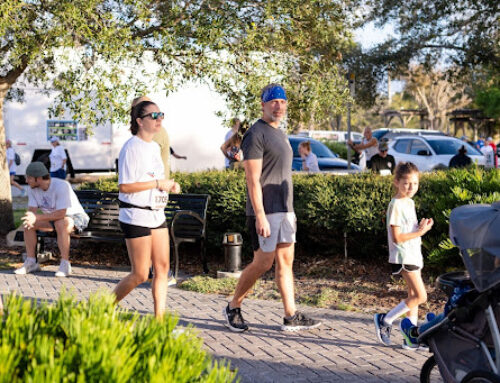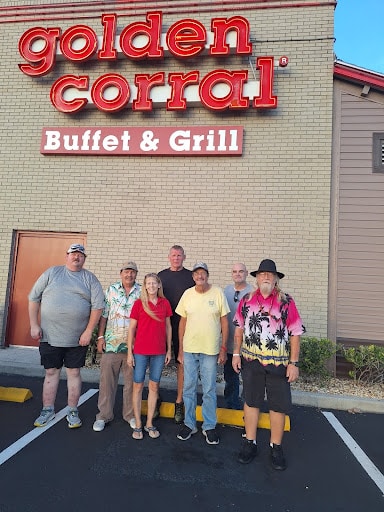 For many veterans, the burden of post-traumatic stress disorder (PTSD) is invisible yet relentless. Memories of service, sudden flashbacks, restless nights, and heightened anxiety can follow them far beyond the battlefield, turning everyday life into a constant challenge. When homelessness enters the picture, the weight grows heavier, making isolation and uncertainty feel impossible to overcome. Finding trustworthy resources, understanding available support, and knowing where to turn can leave veterans and their families feeling lost
For many veterans, the burden of post-traumatic stress disorder (PTSD) is invisible yet relentless. Memories of service, sudden flashbacks, restless nights, and heightened anxiety can follow them far beyond the battlefield, turning everyday life into a constant challenge. When homelessness enters the picture, the weight grows heavier, making isolation and uncertainty feel impossible to overcome. Finding trustworthy resources, understanding available support, and knowing where to turn can leave veterans and their families feeling lost
and exhausted.
The PTSA Program from National Veterans Homeless Support (NVHS) lights a path through this struggle. The program equips veterans, trauma survivors, and their loved ones with knowledge, access to essential resources, and a compassionate community that truly understands. It transforms confusion into clarity, fear into action, and isolation
into connection.
Step into a network that listens, guides, and stands beside you, turning uncertainty into confidence and isolation into support. Reach out to NVHS today and take the first bold step toward understanding, healing, and reclaiming your life.
Guiding Veterans and Families Through PTSD
The PTSA Program is built on three foundational pillars: awareness, action, and anonymity.
Awareness involves educating communities about PTSD, dispelling myths, and promoting understanding of how this condition affects individuals and families. Action focuses on providing access to therapy, support groups, and practical resources for veterans and their families. Anonymity ensures a safe and confidential environment for those seeking help, removing barriers caused by fear of judgment or stigma.
Through this approach, NVHS fosters a compassionate network where veterans and trauma survivors are empowered to take control of their mental health. The program’s mission is to break the silence surrounding PTSD, ensuring that no one has to face this journey alone.
PTSD in Everyday Life for Veterans
PTSD is not a disease; it is a psychological response to traumatic events, whether experienced in combat, during accidents, natural disasters, or assaults. Its prevalence is striking, affecting more than one in thirty people globally, and veterans represent a significant portion of those impacted.
Symptoms vary widely, from flashbacks and hypervigilance to emotional numbness and anxiety. These effects can disrupt daily life, relationships, and long-term stability. Many individuals suffering from PTSD hesitate to seek help because of fear, misunderstanding, or stigma. Programs like NVHS’s PTSA Program play a vital role in removing these barriers, providing support, and normalizing the process of seeking help.
You do not have to face this journey alone. Enrolling in VA Healthcare opens the door to comprehensive mental health treatment options, including counseling, group therapy, and specialized PTSD care. Taking this step ensures access to the consistent support and resources needed for long-term healing. Reach out to NVHS for guidance, encouragement, and help navigating enrollment and take the first courageous step toward healing, connection, and stability.
Recognizing PTSD Before It Becomes Overwhelming
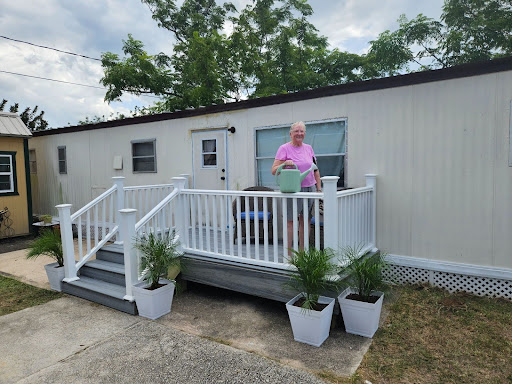 Education and awareness are key in creating a supportive environment for veterans and trauma survivors. The PTSA Program focuses on providing communities, families, and veterans themselves with the knowledge to recognize PTSD, understand its effects, and respond effectively.
Education and awareness are key in creating a supportive environment for veterans and trauma survivors. The PTSA Program focuses on providing communities, families, and veterans themselves with the knowledge to recognize PTSD, understand its effects, and respond effectively.
Awareness also encourages early intervention. Recognizing symptoms in oneself or others can prevent escalation and provide opportunities to connect with therapy, peer support, and practical resources. Community workshops and educational materials help loved ones offer meaningful support, reducing feelings of helplessness and isolation.
By spreading awareness, NVHS ensures that PTSD is not misunderstood or stigmatized. Veterans feel safer seeking help, families feel more capable of supporting their loved ones, and communities become stronger advocates for mental health.
Act Now When PTSD Affects You or a Loved One
Taking action is at the heart of the NVHS PTSA Program. There are multiple ways to get involved and make a meaningful impact:
- Resources for Veterans: Access therapy, educational materials, and peer support networks to manage symptoms and improve quality of life.
- Family Engagement: Learn strategies to provide support without becoming overwhelmed, helping loved ones feel understood and valued.
- Community Involvement: Volunteer, donate, or participate in local awareness events to create a network of care for veterans.
- Ongoing Support: Receive continued guidance and resources to promote long-term recovery and stability.
Safe Spaces for Healing and Recovery
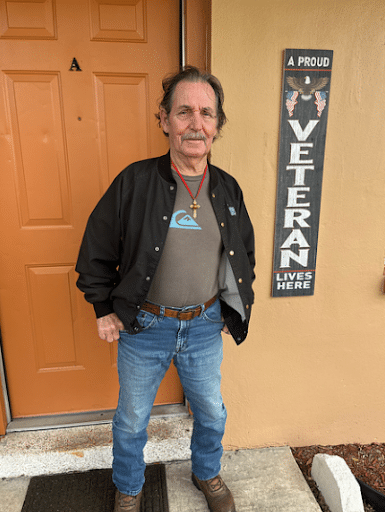 One of the most critical aspects of the PTSA Program is anonymity. Many veterans hesitate to seek help due to fear of judgment, career consequences, or social stigma. NVHS provides confidential avenues for accessing resources, ensuring veterans can explore therapy, counseling, and peer support at their own pace.
One of the most critical aspects of the PTSA Program is anonymity. Many veterans hesitate to seek help due to fear of judgment, career consequences, or social stigma. NVHS provides confidential avenues for accessing resources, ensuring veterans can explore therapy, counseling, and peer support at their own pace.
Anonymity fosters trust, allowing veterans to open up about their experiences without fear. This safe space encourages participation, engagement, and long-term healing, giving individuals the confidence to reclaim their lives and move toward stability.
Take control of your mental health journey today. Connect with our team now to access trusted support, learn effective coping strategies, and find a community that will help you thrive.
Creating Networks That Stand With Veterans
Support doesn’t have to come only from professionals. One of the most powerful tools in the NVHS PTSA Program is building a network of caring individuals who understand the unique challenges of PTSD. Creating this network ensures veterans feel seen, heard, and supported every step of the way.
Key ways to build and strengthen a support network include:
- Peer Support: Connect with other veterans who have experienced PTSD to share experiences, coping strategies, and encouragement.
- Family Engagement: Equip family members with resources and guidance so they can provide meaningful support without feeling overwhelmed.
- Community Allies: Join local initiatives, volunteer groups, or advocacy efforts to help create a broader culture of understanding around PTSD.
- Educational Opportunities: Participate in workshops, seminars, or online resources to stay informed and able to assist others effectively.
By fostering these connections, veterans gain a safety net that extends beyond therapy sessions. A strong support network can reduce feelings of isolation, reinforce recovery, and empower veterans to regain control of their lives.
Tailored Resources for Those Who Served
Veterans face unique challenges related to PTSD, particularly when compounded by homelessness. Combat exposure and the stresses of military life can intensify the condition, making tailored support crucial. NVHS provides therapy resources, peer mentoring, and educational materials designed specifically for veterans, helping them navigate the complex path toward recovery.
Supporting veterans also means honoring their service. By providing awareness, education, and access to resources, communities can show veterans that their sacrifices are valued and their well-being matters. NVHS works to ensure that every veteran has access to the support needed to thrive.
Taking Steps as a Community to Protect Veterans
The NVHS PTSA Program connects veterans and families living with PTSD to guidance, support, and a community that truly understands the journey. By combining education, access to therapy, and privacy, the program gives individuals the tools and confidence to take control of their healing.
Connect with us today to turn uncertainty into action. Discover support, regain stability, and step into a future where PTSD is met with understanding, hope, and practical guidance.

